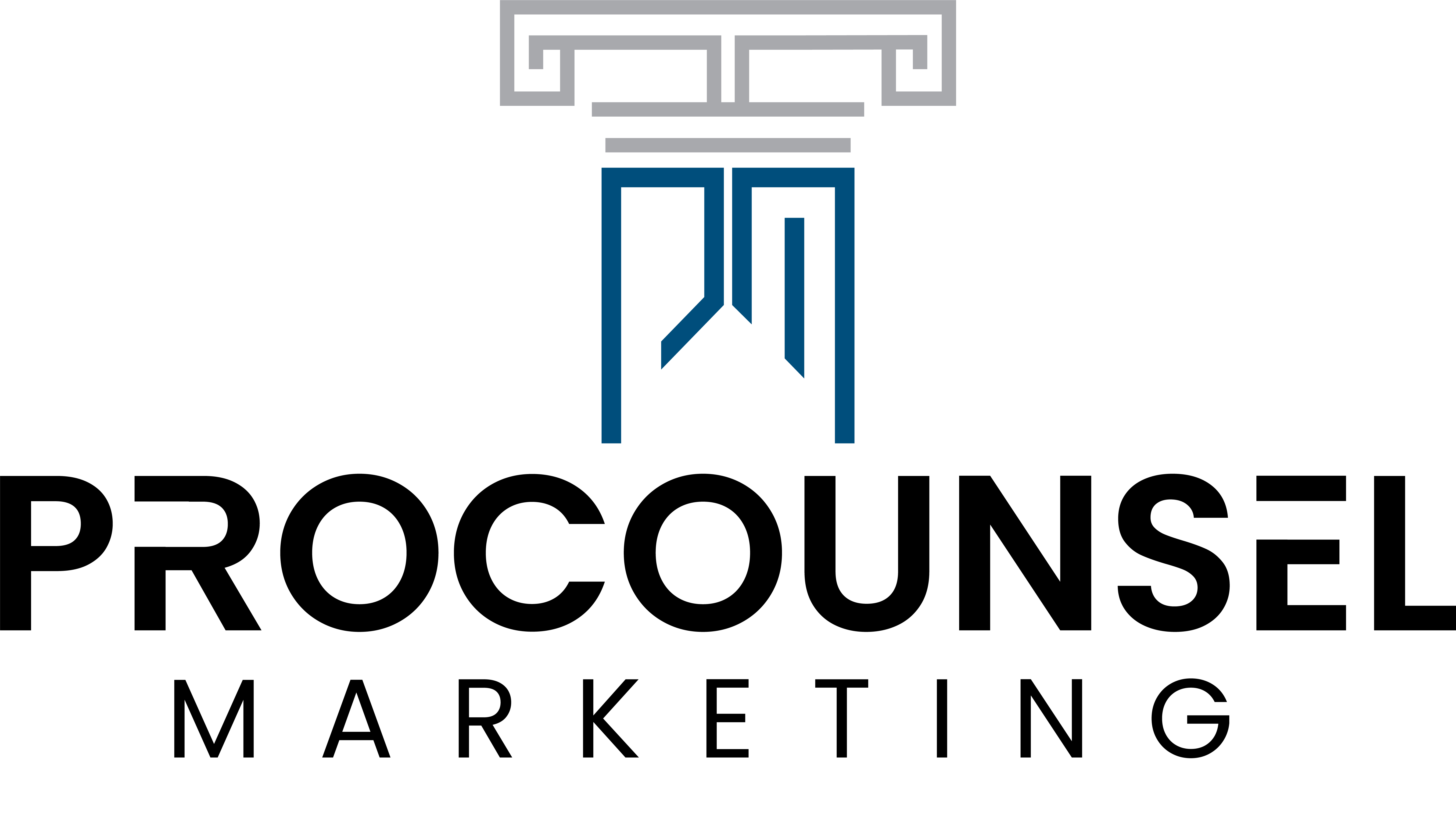A strong online presence is no longer optional for law firms. With 70% of people using search engines to find a lawyer [source: American Bar Association], a robust SEO strategy is crucial for attracting new clients and staying competitive. Content marketing plays a pivotal role in achieving this goal.
This guide will explore how law firm seo can leverage content marketing to improve their search engine rankings, increase visibility, and ultimately drive business growth.
1. Understand Your Target Audience
Before diving into content creation, it’s essential to understand your ideal client.
- Who are they? What are their demographics, legal needs, and online behavior?
- What are their pain points? What legal challenges keep them up at night?
- Where do they spend their time online? Which social media platforms do they frequent?
By thoroughly researching your target audience, you can tailor your content to their specific interests and needs, making it more relevant and engaging.
2. Keyword Research: The Foundation of SEO
Keyword research is the cornerstone of any successful SEO strategy.
- Identify relevant keywords: Brainstorm keywords related to your practice areas (e.g., “personal injury lawyer,” “divorce attorney,” “estate planning”).
- Use keyword research tools: Utilize tools like Google Keyword Planner, Ahrefs, or SEMrush to discover relevant keywords with high search volume and low competition.
- Focus on long-tail keywords: Long-tail keywords are more specific and often have lower competition. For example, instead of targeting “personal injury,” consider “motorcycle accident lawyer in Los Angeles.”
3. Create High-Quality, Valuable Content
Once you have identified your target audience and relevant keywords, it’s time to create high-quality, valuable content that resonates with your audience.
- Blog posts: Regularly publish informative blog posts that address common legal questions, provide valuable insights, and establish your firm as an industry thought leader.
- Client testimonials: Showcase positive client experiences to build trust and credibility.
- Case studies: Share successful case outcomes to demonstrate your expertise and track record.
- Infographics: Visual content is highly shareable and can effectively convey complex legal information.
- Videos: Create engaging video content, such as client testimonials, attorney Q&As, or educational videos.
4. Optimize Your Content for Search Engines
On-page SEO is crucial for ensuring your content is easily found by search engines.
- Keyword optimization: Naturally incorporate relevant keywords throughout your content, including in the title, headings, subheadings, and body text.
- Meta descriptions: Write compelling meta descriptions that accurately summarize your content and entice users to click.
- Image optimization: Optimize images with relevant keywords and alt text to improve search engine visibility.
- Internal linking: Link to other relevant pages on your website to improve site navigation and distribute link equity.
5. Build High-Quality Backlinks
Backlinks, or incoming links from other websites, are a significant ranking factor in Google’s search algorithm.
- Guest blogging: Write guest posts for other reputable websites in your industry to earn high-quality backlinks.
- Local citations: Ensure your firm is listed on local directories and online platforms such as Google My Business, Yelp, and Avvo.
- Press releases: Issue press releases to announce firm news, legal victories, and community involvement.
- Community outreach: Engage with local organizations and participate in community events to build relationships and earn backlinks.
6. Track Your Results and Make Adjustments
Regularly monitor your website’s performance and make adjustments to your content marketing strategy as needed.
- Track website traffic: Use Google Analytics to track website traffic, identify top-performing pages, and understand user behavior.
- Monitor keyword rankings: Track your keyword rankings in search engines using tools like Google Search Console or SEMrush.
- Analyze website bounce rate: A high bounce rate indicates that users are quickly leaving your website, suggesting that your content may not be engaging or relevant.
- Experiment with different content formats: Continuously experiment with different content formats to see what resonates best with your audience.
7. Consider Hiring a Best SEO Company For Lawyers
If you don’t have the time or resources to manage your SEO strategy in-house, consider hiring a Best SEO Company for Attorneys like Procounsel Marketing.
A professional SEO agency can help you:
- Develop a comprehensive SEO strategy
- Conduct in-depth keyword research
- Create high-quality, SEO-optimized content
- Build high-quality backlinks
- Track and analyze your results
Key Takeaways
- Content marketing is essential for any law firm seeking to improve its online visibility and attract new clients.
- By creating high-quality, valuable content that resonates with your target audience and optimizing it for search engines, you can significantly improve your search engine rankings and drive business growth.
- Remember to track your results and make adjustments to your strategy as needed to ensure ongoing success.
By implementing these strategies and consistently creating valuable content, you can establish your law firm as a thought leader in your field, build strong client relationships, and achieve long-term success in the competitive legal landscape.


